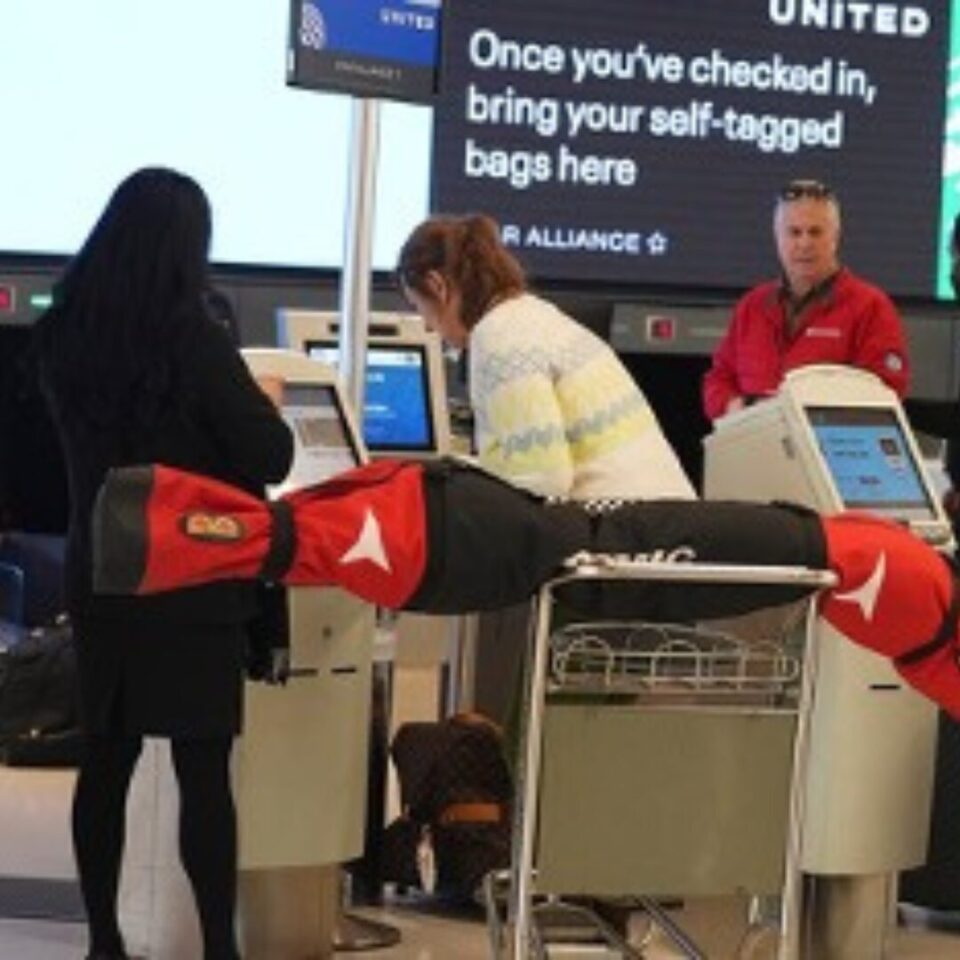Nomad Healthcare: How Remote Professionals Navigate Claims Across Borders
Nomad Healthcare is transforming how remote workers handle insurance claims across multiple countries, time zones, and healthcare systems.

In the last decade, work has escaped the boundaries of physical offices. Remote work, once an occasional perk, is now a global norm.
Among the biggest beneficiaries of this shift are digital nomads—professionals who combine work and travel, setting up “offices” in cafés in Lisbon, beach huts in Bali, or co-working spaces in Mexico City.
But along with breathtaking sunsets and cultural immersion comes an often-overlooked challenge: medical services.
Unlike traditional employees who live in one country with a single healthcare provider, nomads navigate a patchwork of local clinics, hospitals, and insurance systems. The complexity multiplies when accidents or illnesses happen mid-travel, requiring claims solutions that can adapt in real time.
Why Traditional Healthcare Claims Fall Short for Nomads
Traditional health insurance was designed for stationary lives. You live in one place, see the same doctor, and pay your bills through one system. For nomads, none of that holds true.
Here’s why old models don’t work:
- Location-dependent coverage – Many insurers operate on a national level, making claims valid only within one country.
- Paper-based documentation – Still common in many places, this delays claim processing for someone on the move.
- Limited provider networks – In unfamiliar countries, finding an “in-network” doctor can be nearly impossible.
- Time zone bottlenecks – Calling customer support becomes a headache when your insurer is asleep while you need urgent help.
This gap has given rise to nomad-specific healthcare solutions designed for mobility and flexibility.
Digital Nomadism and the Demand for Adaptive Healthcare
Nomads often spend months in multiple countries each year. They hop from one healthcare system to another—private insurance in Thailand, public health in Spain, or pay-per-service in Colombia.
The constant shift in geography requires claims systems that can:
- Authenticate documents in various languages and formats.
- Process claims digitally without postal delays.
- Accommodate multiple currencies and cross-border payments.
- Operate 24/7 to match global time zones.
Key Features of Nomad-Friendly Claims Solutions
The best nomad healthcare providers share a few common traits:
1. Global Coverage Networks
Plans often include international medical networks so nomads can access partner clinics in dozens of countries without worrying about surprise costs.
2. Multilingual Documentation Support
AI-assisted claims platforms can read receipts in Spanish, Thai, or German, automatically translating and matching them to policy terms.
3. Multi-Currency Reimbursement
Nomads get reimbursed in their preferred currency, often directly into digital banks like Wise, Revolut, or PayPal.
4. App-Based Claims Processing
Mobile-first portals allow uploading documents, tracking claim status, and receiving support without needing a call center.
5. 24/7 Assistance
Always-on chatbots and live agents handle emergencies, whether it’s 3 a.m. in Mexico or noon in Japan.
The Role of Technology in Smoother Claims
Technology is the backbone of nomad-friendly healthcare.
- AI Document Scanning – Speeds up claims by extracting key data from receipts.
- Blockchain Verification – Ensures authenticity of medical documents across jurisdictions.
- Cloud-Based Records – Keeps medical history accessible regardless of where treatment is received.
- Telemedicine Integration – Reduces the need for physical visits, saving money and time.
These tools make it possible for insurers to provide instant, borderless service.
Challenges That Still Exist
Despite advancements, nomads still face:
- Regulatory differences – Some countries require local insurance regardless of global coverage.
- Delayed reimbursements – In areas with slow hospital billing, claims can still take weeks.
- Language barriers – Even with AI, medical terminology can be tricky to translate accurately.
Providers that address these gaps will dominate the future of borderless healthcare.
Best Practices for Nomads Navigating Claims
To avoid headaches, nomads should:
- Choose globally valid insurance before traveling.
- Keep digital copies of receipts, prescriptions, and medical reports.
- Understand exclusions—some policies don’t cover extreme sports or pre-existing conditions.
- Use multi-currency accounts for faster reimbursements.
- Contact insurers early—sometimes they can arrange direct payment, avoiding out-of-pocket costs.
The Future of Nomad Healthcare
As digital nomadism grows, healthcare providers are expected to:
- Offer subscription-style global coverage without geographic limits.
- Integrate wearable health data into claims for faster assessments.
- Provide real-time claims approvals for minor expenses.
- Build community-based health networks where nomads recommend trusted clinics worldwide.
The ultimate goal? A frictionless claims experience that matches the speed and fluidity of nomad life.
Conclusion: Freedom Without the Healthcare Headaches
The rise of digital nomadism has made the world smaller for work—but more complicated for healthcare. Traditional claims systems, rooted in paper and borders, can’t keep up with the needs of a constantly moving workforce.
Nomad healthcare solutions bridge that gap, delivering tech-driven, flexible, and globally accessible claims services. By embracing these innovations, remote professionals can focus on their next project—or next flight—knowing that healthcare won’t hold them back.
FAQs
Do digital nomads need special health insurance?
Yes, because standard national plans rarely cover care abroad or offer international claims processing.
Can I use telemedicine for claims?
Yes, many insurers now integrate telehealth consultations directly into their claims process.
Is multi-currency reimbursement standard?
Not yet, but it’s increasingly common among nomad-focused providers.




